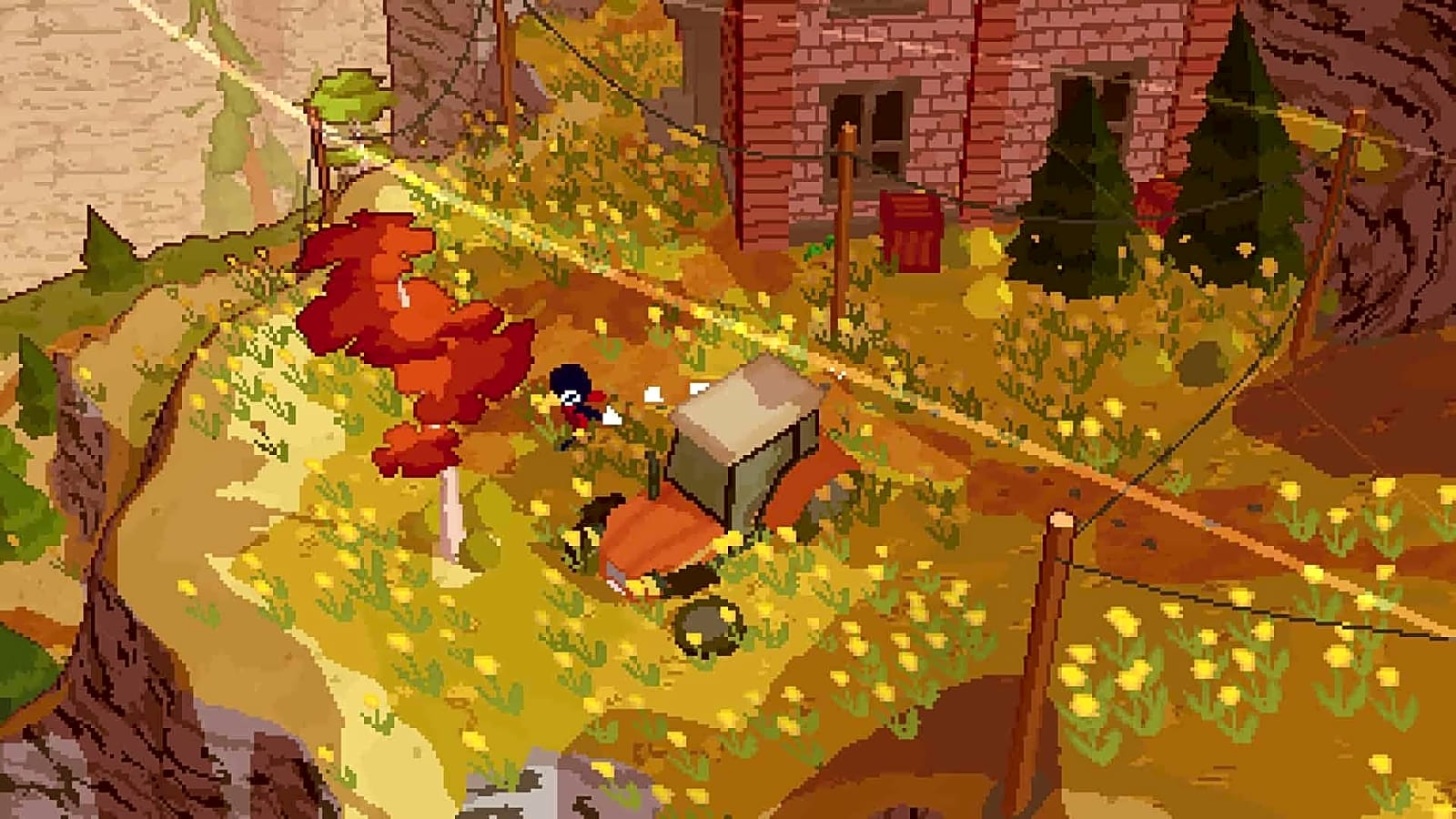
Adam Robinson-Yu, creator of A Short Hike, prompted consideration about a fundamental distinction often overlooked in game design in the open-world genre. Specifically, he gave his thoughts about the critical difference between merely traversing a world and genuinely exploring one. While Robinson-Yu drew inspiration from The Legend of Zelda: Breath of the Wild for his own game, he initially harbored skepticism towards the expanding scale typical of modern open-world titles. Ultimately, he expressed that the label “open-world” does not inherently signify quality. That said, how can developers make the open-world genre more appealing to fans?
Beyond Scale: Open-World Genre Needs Struggle, Not Strolls
Robinson-Yu specifically contrasted that many large-scale games offered a unique experience. By discussing his personal memories of real-world exploration during childhood wilderness adventures and adult hiking, the creator noticed something about the open-world genre. He found that true exploration involves intrinsic motivation driven by curiosity and the simple desire to encounter compelling sights. Furthermore, he highlighted that developers create vast digital landscapes from spaces where players primarily feel they are just traveling between objectives into environments that consistently evoke the authentic thrill of discovery. As a result, these players can experience real exploration as they navigate the game’s setting.
Additionally, Robinson-Yu contends that the open-world genre has transformative potential due to this precise distinction between traveling and exploring. Due to this balance, a game’s rewards structure centered on player curiosity and engagement goes through a fundamental shift as achieving this requires moving beyond simply stretching objectives across vast distances. Instead, developers must focus on designing worlds dense with meaningful, player-driven discovery.
Notably, Valve platforms countless open-world games on Steam, with its own design philosophy, which is seen in titles like Half-Life: Alyx. As a result, these games offer meticulously crafted, contained environments rich with interactive details over sheer scale, suggesting alternative approaches to exploring its world. What’s more, developers like Robinson-Yu are consistently empowered, enabling the creation and distribution of smaller, exploration-focused experiences like A Short Hike. Consequently, players are pushed to pursue meaningful discovery in the open-world genre over sprawling travel.
A Short Hike Proves Discovery Beats Travel in Design
Adam Robinson-Yu identifies Dark Souls as achieving significant depth and richness through its approach to exploration. In the game, players consistently uncover secret corridors and hidden pathways leading to entirely new areas. Specifically, he makes contrasts between titles in the open-world genre and RPGS when it comes to distributing awards. Moreover, he argues that Dark Souls provided players a fun experience precisely because accessing discoveries demanded tangible struggle and deliberate environmental investigation.
Similarly, Robinson-Yu’s own game, A Short Hike, understands exploration’s core strength. As players find freedom in the game akin to The Legend of Zelda: Breath of the Wild, they find that the game’s setting adds to its storytelling, which shares similarities with Dark Souls rather than replicating simple, disjointed biomes. Additionally, replicating real life’s organic richness within a digital space—where countless prefabricated assets lack intrinsic interest—is often a challenge for developers. So, how can they effectively reward player curiosity without cheapening the very act of discovery they seek to encourage?
Grappling with this dilemma, Robinson-Yu voices his concerns over the ever-expanding scale of AAA open-world titles where travel often overshadows true exploration. Although he consciously avoids conventional extrinsic rewards, he instead prioritizes unique discoveries that offer players “something to do, something to see.” Due to this philosophy of “vibe-based exploration,” the open-world genre is presented with a compelling alternative direction. It also suggests titles focused on traversal between objectives, like Assassin’s Creed Shadows and Death Stranding 2, offer significant space for quieter adventures where meaningful discovery itself becomes the core progression.
More must-reads:
- Chiefs sign star offensive lineman to $94 million deal
- Mavericks center Dereck Lively II reportedly undergoes foot surgery
- The 'No. 1 overall MLB Draft picks' quiz
Breaking News
Trending News
Customize Your Newsletter
 +
+
Get the latest news and rumors, customized to your favorite sports and teams. Emailed daily. Always free!








